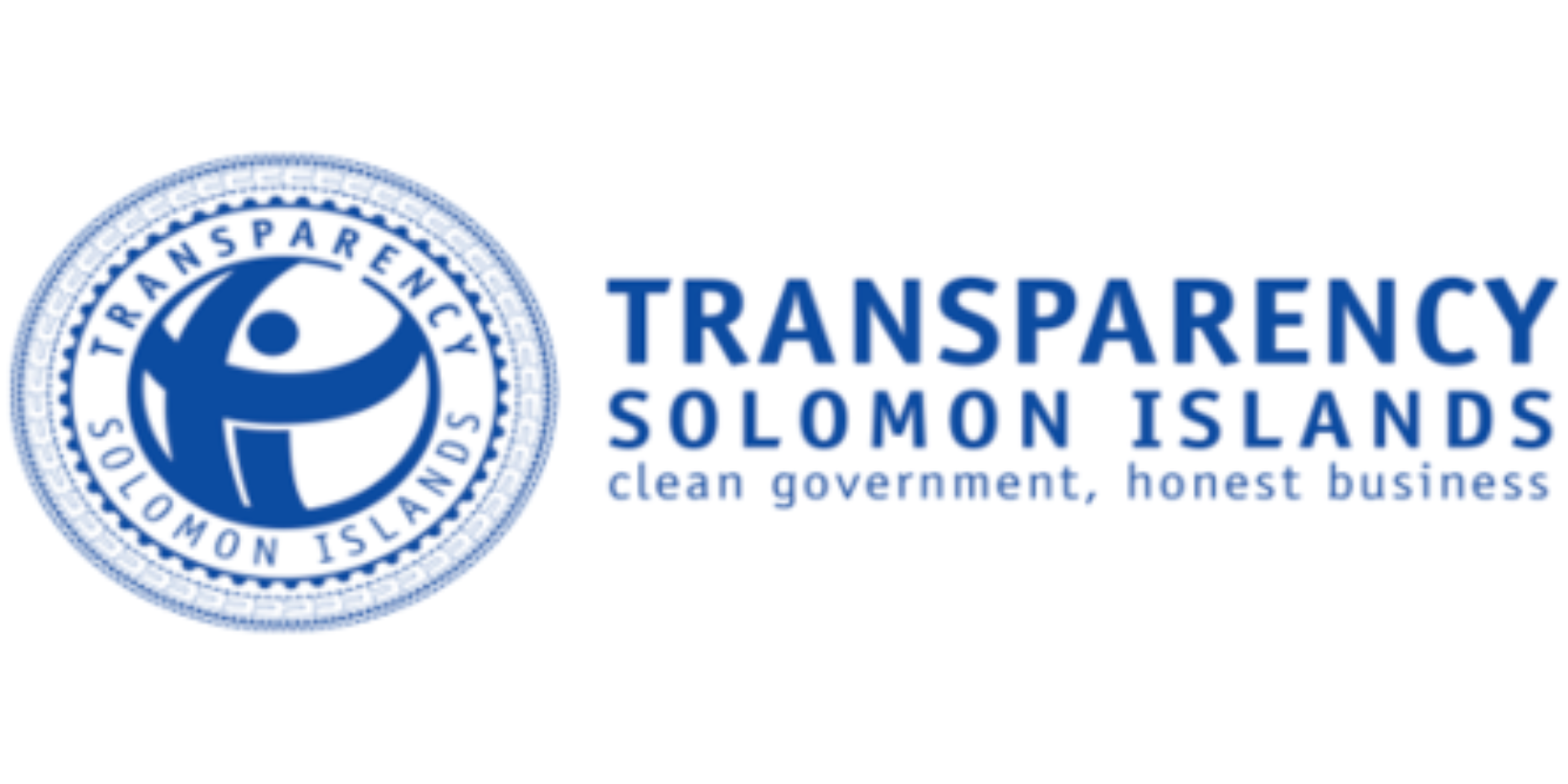A nation cannot move forward while weighed down by the burden of corruption. It undermines democracy, betrays public trust, and diverts power and resources away from the people for personal or political gain.
Corruption drives inequality, contributes to poverty, and perpetuates injustice through the very institutions designed to protect citizens.
Corruption, in all its forms, is damaging. Whether through the misuse of public funds, policy manipulation, or bribery, it inhibits the process of good governance and poses a serious threat to the long-term stability and wellbeing of a nation.
Among its most dangerous forms is narco-corruption, where law enforcement and other state agencies are infiltrated or influenced by networks involved in illicit drug trafficking.
Narco-corruption undermines the rule of law, compromises public safety, and enables criminal networks to act without accountability, eroding trust in the state’s ability to govern effectively.
A 2022 report by the Lowy Institute warns that drug trafficking networks have already reached key agencies across the Pacific, including customs, police, and immigration, making it harder for authorities to enforce the law and keep communities safe.
The problem becomes even more severe when political figures and senior officials are implicated in organised crime.
Despite regional recognition of the threat posed by transnational organised crime and drug trafficking, as highlighted in the Pacific Islands Forum’s Boe Declaration on Regional Security (2018), the Solomon Islands continues to face significant gaps in its domestic legislation.
A key issue is the Dangerous Drugs Act (DDA), which currently criminalises only the importation, exportation, and transportation of methamphetamine and other illicit substances, leaving possession, supply, and manufacturing outside the law.
This outdated framework no longer reflects the current reality. While the Pacific was once primarily a transit route for methamphetamine, it is increasingly becoming a destination, with growing risks of local production. In its current form, the DDA does not address this escalating crisis.
Methamphetamine use poses serious and lasting risks to individual and community wellbeing. Its effects on physical and mental health are severe, with the potential to cause heart disease, stroke, and drug-induced aggressive or violent behaviours.
With nearly 70% of the Solomon Islands’ population under 35, young people are particularly vulnerable, especially in the context of high unemployment and limited opportunities.
At the same time, the country’s overstretched and underserviced health system is ill-equipped to manage a potential surge in drug-related cases, including addiction, mental health crises, and other associated health complications.
Recent reports of rising methamphetamine use highlight the dangers of this legislative gap.
Moreover, recent allegations of the involvement of public service officials in the illicit drug trade calls for the need for a serious review and investigation of the current system.
If such allegations hold true, this no longer can be treated as merely a public health and safety issue. The matter also becomes one of law enforcement and the integrity of our institutions.
Amending the DDA, therefore, becomes essential not only to disrupt drug trafficking but also to hold officials accountable for any wrongdoing and to safeguard the wellbeing of all Solomon Islanders.
Transparency Solomon Islands (TSI) calls on the government to act urgently. The DDA must be amended to criminalise possession, supply, and manufacturing of methamphetamine, while allegations of narco-corruption involving officials, law enforcement must be fully investigated.
Regional cooperation should also be strengthened, including revisiting frameworks such as the Boe Declaration, to ensure collective security and a coordinated response to transnational organised crime.
Governance mechanisms must also be reinforced to withstand corruption risks across all sectors, and whistleblowers must be protected and supported, recognising the critical role they play in exposing wrongdoing and safeguarding public interest.
In pursuing these reforms, the government should keep the principles of the Teieniwa Vision in mind. This regional commitment to Pacific unity against corruption highlights the importance of integrity, accountability, and transparency across all levels of society.
It emphasises the need for strong institutions and collective action to prevent corruption, recognising that the Pacific’s aspirations for peace, harmony, and prosperity cannot be achieved unless these issues are addressed systematically.
TSI also acknowledges that the government conducted a review of the DDA earlier this year, recognising that it no longer reflects the realities of today.
However, the urgency of the methamphetamine crisis and the growing threat of narco-corruption demand more than acknowledgement.
Swift legislative reform and effective enforcement are essential to uphold the rule of law and protect the people of the Solomon Islands.
With the Pacific Islands Forum just around the corner, TSI also encourages CSOs to take the lead in ensuring this message is communicated to Forum leaders.
With the region’s security, health, and wellbeing at stake, we encourage CSOs to actively participate and push for this issue to be included on the leaders’ agenda for discussion.
– TSI









